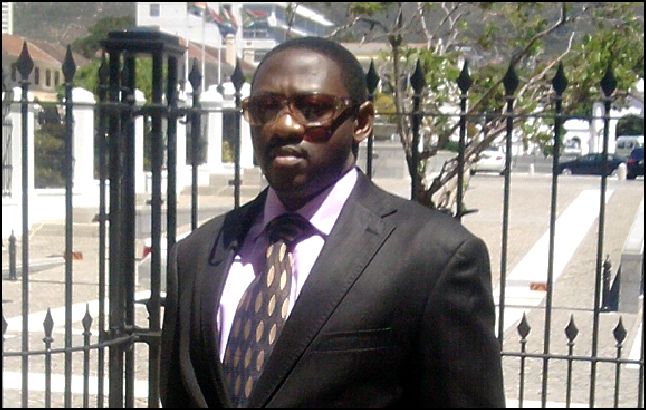On Thursday 5 September, the television channel Africa 25 reported that the Government of Denmark has plans to contribute DKK 10 million (approximately US $1.8 million) to the Agriculture Fast Track Fund (AFT) to spur investment in the development of African agriculture infrastructure. This fund is managed by the African Development Bank (ADB). According to a press release by the African Press Organization on behalf of the ADB, this announcement was actually made on Wednesday, August 28, 2013 in Copenhagen by Denmark’s Development Cooperation Minister, Christian Friis Bach, during the visit to the country by the President of the ADB, Donald Kaberuka.
The Danish Government’s support adds to financial contributions from AFT founding donors including USAID, which has committed $15 million, and the Government of Sweden, which has pledged $10 million. The AFT is a US $26.8-million fund created to encourage greater private investment in agriculture infrastructure projects in Sub-Saharan Africa. Despite this intention, the private sector in Africa seems to be very ignorant about this initiative.
The AFT is supposed to furnish grant funding to the private sector for the initial project development costs of a broad range of agriculture infrastructure projects ranging from the entire value chain, more precisely from production to market. The AFT is supposed to intervene in states that are members of the New Alliance for Food Security and Nutrition (the New Alliance), which aims to reinforce the links from farmers to markets to tables. The New Alliance was initiated by the President of the United States of America (USA), Barrack Obama during the G8 summit in 2012 and primarily includes six member states: Côte d’Ivoire, Ethiopia, Burkina Faso, Ghana, Tanzania and Mozambique. The New Alliance has as objective, the matching of market-oriented regulatory reforms in these six countries with $3.7 billion in commitments from the private sector in agriculture.
Just like the other similar programmes such as the Comprehensive Africa Agriculture Development Programme (CAADP) established by African Heads of State as part of the New Partnership Agreement for Africa’s Development (NEPAD) in July 2003, the AFT is a laudable initiative and would be instrumental in the alleviation of poverty in the above mentioned African states. The only concern is that these numerous initiatives have not boosted the agricultural sector on the continent. Some of the previous programmes have either been taken over completely by corrupt state officials and the money embezzled without remorse. Those in the agricultural sector especially poor farmers, who are supposed to benefit from such initiatives, have been left frustrated. Most of these finances end up in foreign bank accounts or are distributed to close family relations of these corrupt government officials.
It is imperative for the ADB and the Danish government to ensure that the AFT initiative does not remain entirely under the control of the central governments of the concerned states. There is need to ensure that the private sector in these states also have a say especially in the financial management of this initiative. It is evident that a lot of foreign assistance has been and shall be pumped into this initiative and if care is not taken, this money will be swindled as usual. If African technocrats are serious about attaining some of the Millennium Development Goals, if not all, by 2015, then it is germane for a change of policy and state practice especially in the management of finances from initiatives like the AFT. Without this change of strategy which is of utmost importance to agricultural development on the continent, the AFT will be another fruitless story for Africa’s development especially in the agricultural sector.
Chofor Che is an associate of AfricanLiberty.org and an integral part of the Voice of Liberty initiative. He is also a Doctoral Law candidate at the University of the Western Cape and blogs at http://choforche.wordpress.com/.


